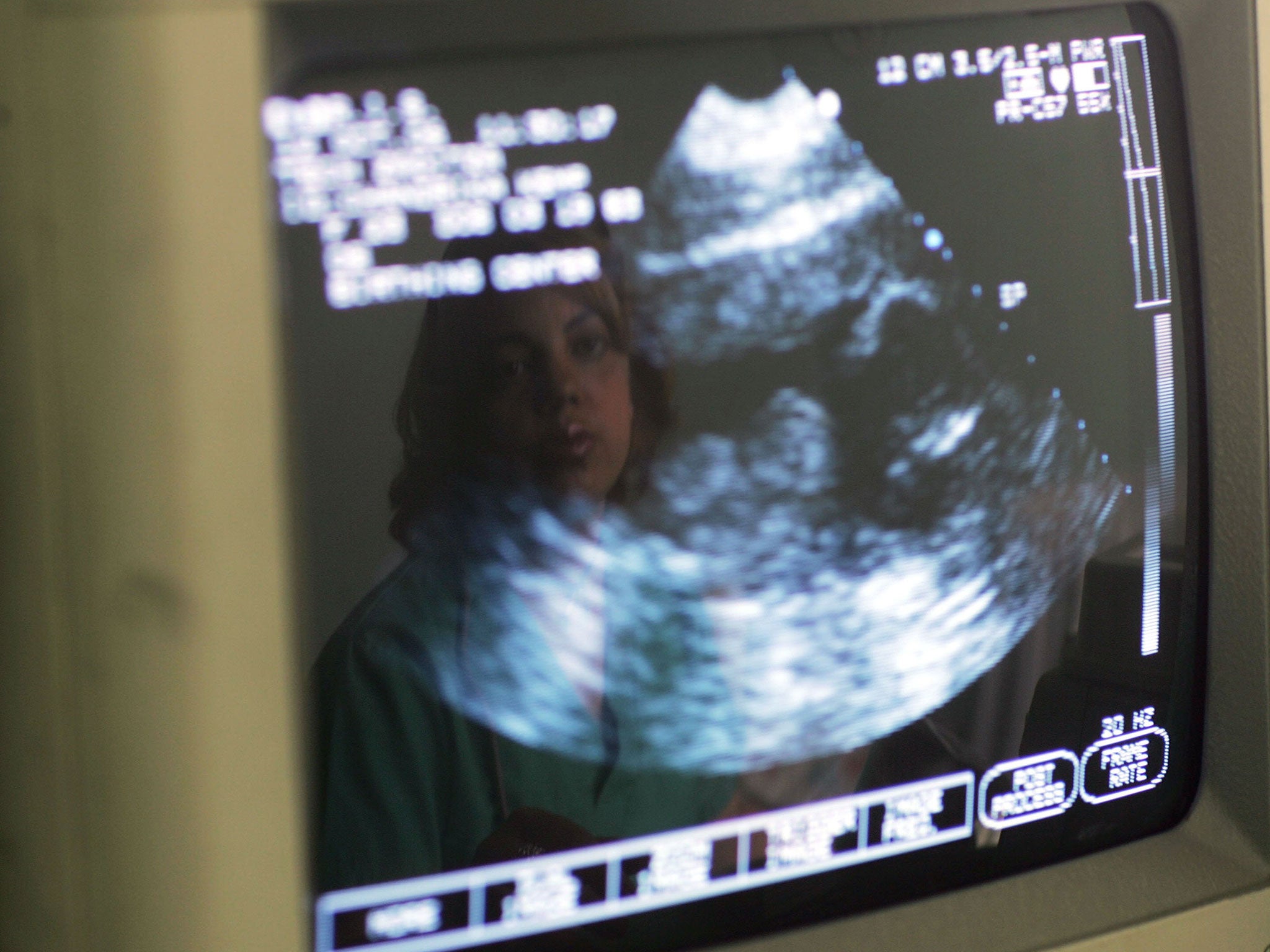Judge blocks Texas law requiring mothers to bury foetuses after abortion or miscarriage
The new law was proposed last year by pro-life Republican Governor Greg Abbott

A judge has blocked a Texas law requiring the burial of foetuses after women have undergone terminations or suffered miscarriages, saying the policy would unlawfully restrict access to abortion.
The new legislation was proposed last July by Texas’s pro-life Republican Governor Greg Abbott and approved by the state in November.
The rule would have forced abortion clinics to bury foetuses instead of disposing of them in a sanitary landfill.
It said foetuses should be handled in the same way as a deceased person “using the process of cremation, entombment, burial, or placement in a niche or by using the process of cremation followed by placement of the ashes in a niche, grave, or scattering of ashes as authorised by law”.
Governor Abbott said in a fundraising email published in The Texas Tribune last year: “I believe it is imperative to establish higher standards that reflect our respect for the sanctity of life.”
But US District Judge Sam Sparks found the rule “placed burdens of access to abortion that substantially outweighed the benefits”.
Abortion providers argued the rule could force clinics to close because there are only a limited number of providers able to deal with such burials.
They also said they feared protests by anti-abortion activists could discourage cemeteries from doing business with abortion clinics.
The judge said the proposed law would allow state health officials “to exercise arbitrary, and potentially discriminatory enforcement on an issue connected to abortion and therefore sensitive and hotly contested”.
A public outcry followed the proposal, with healthcare providers, funeral operators and feminist groups all expressing opposition, and some women showing their disgust by sending used tampons to Mr Abbott.
The Texas Medical Association and the Texas Hospital Association said it would require a women who had miscarried at home to bring their own foetal remains to a clinic to arrange a burial.
It is estimated that 10 to 15 per cent of women miscarry, and one hospital estimated an average of 140 foetuses are disposed of each month from miscarriages or ectopic pregnancies.
It was unclear who would have been responsible for the costs of the burials, and reproductive rights lawyers warned the proposed rule would “almost certainly” trigger costly litigation.
Planned Parenthood objected because the rule would not apply to other human tissue that might be removed during surgery or to existing disposal methods for the placenta and other tissue that results from miscarriages and abortions.
But anti-abortion groups, which have a powerful voice in Texas, applauded the rule change, agreeing with Mr Abbott that foetal remains should not be treated as medical waste.
Abortion was legalised in Texas and across the US in 1973 following the landmark court ruling in the Roe v Wade case, but lawmakers have consistently attempted to limit the provision of terminations ever since.
In June 2016, the Supreme Court struck down Texas’ “unconstitutional” attempts to shut down abortion clinics by imposing harsh restrictions.
Fears have been expressed about reproductive rights in the US since Mr Trump was elected because of comments he made during the campaign that there should be “some form of punishment” for women who undergo abortion if it is banned.
After a public outcry, he later said that he meant the doctors and clinics offering the procedure should be punished rather than the women having abortions.
Mr Trump has gone from being publicly pro-choice in 1999 to being against abortion today, although he says he would allow exceptions such as in the case of rape or incest.
On his first day in the Oval Office, Mr Trump signed an executive order banning federal money from going to international groups that perform or provide information on abortions.
Mr Trump will soon appoint a Supreme Court judge and is expected to select one with conservative views.
Although another conservative pick will not necessarily result in the overturning of the 1973 law, but a second or third such choice in the future could turn the majority of justices towards a pro-life stance.
Texas Attorney General Ken Paxon plans to appeal the preliminary injunction granted by Judge Sparks.
Join our commenting forum
Join thought-provoking conversations, follow other Independent readers and see their replies
Comments
Bookmark popover
Removed from bookmarks